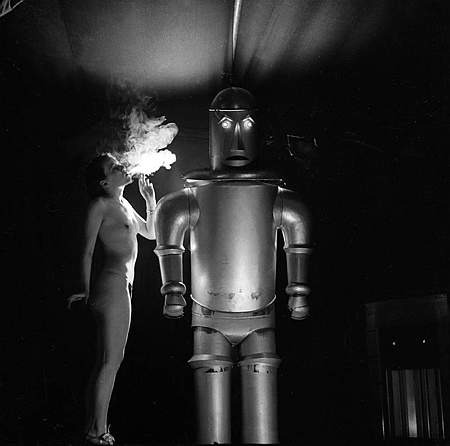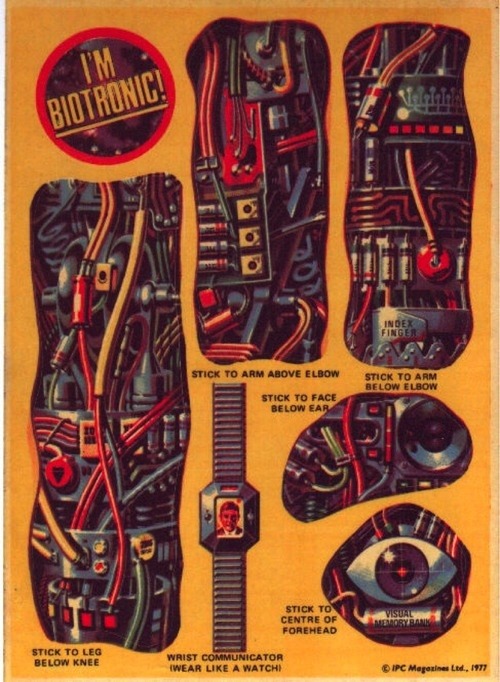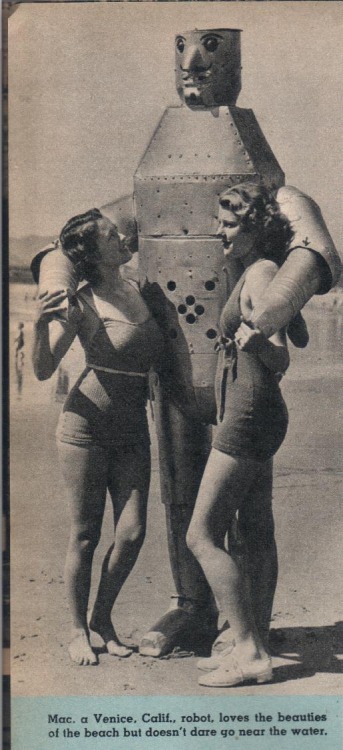
Check it out: my new post at the fantastic WriteSex site just went up. Here's a tease (for the rest you'll have to go to the site):
Please read this if you just had something rejected:
It’s part of being a writer. Everyone gets rejected. Repeat after me: EVERYONE GETS REJECTED. This does not mean you are a bad writer or a bad person. Stories get rejected for all kinds of reasons, from “just not the right style” to a just plain grouchy (or really dumb) editor. Take a few deep breaths, do a little research, and send the story right out again or put it in a drawer, forget about it, remember it again, take it out, read it, and realize it really is DAMNED good. Then send it out again.
Never forget that writing is subjective. My idea of a good story is not yours, yours is not his, and his is not mine. Just because an editor doesn’t like your story doesn’t mean that everyone will, or must, dislike it as well. Popularity and money don’t equal quality, and struggle and disappointment don’t mean bad work. Keep trying. Keep trying. Keep trying.
Think about the rewards, about what you’re doing when you write. I love films, but I hate it when people think they are the ultimate artistic expression. Look at a movie – any movie – and you see one name above all the others: the director, usually. But did he write the script, set the stage, design the costumes, act, compose the music, or anything really except point the camera and tell everyone where to stand? A writer is all of that. A director stands on the shoulders of hundreds of people, but a writer is alone. Steinbeck, Hemmingway, Austin, Shakespeare, Homer, Joyce, Faulkner, Woolf, Mishima, Chekhov – all of them, every writer, created works of wonder and beauty all by themselves. That is marvelous. Special. That one person can create a work that can last for decades, centuries, or even millennia. We pick up a book, and through the power of the author’s words, we go somewhere we have never been, become someone new, and experience things we never imagined. More than anything else in this world, that is true, real magic.
[MORE]








